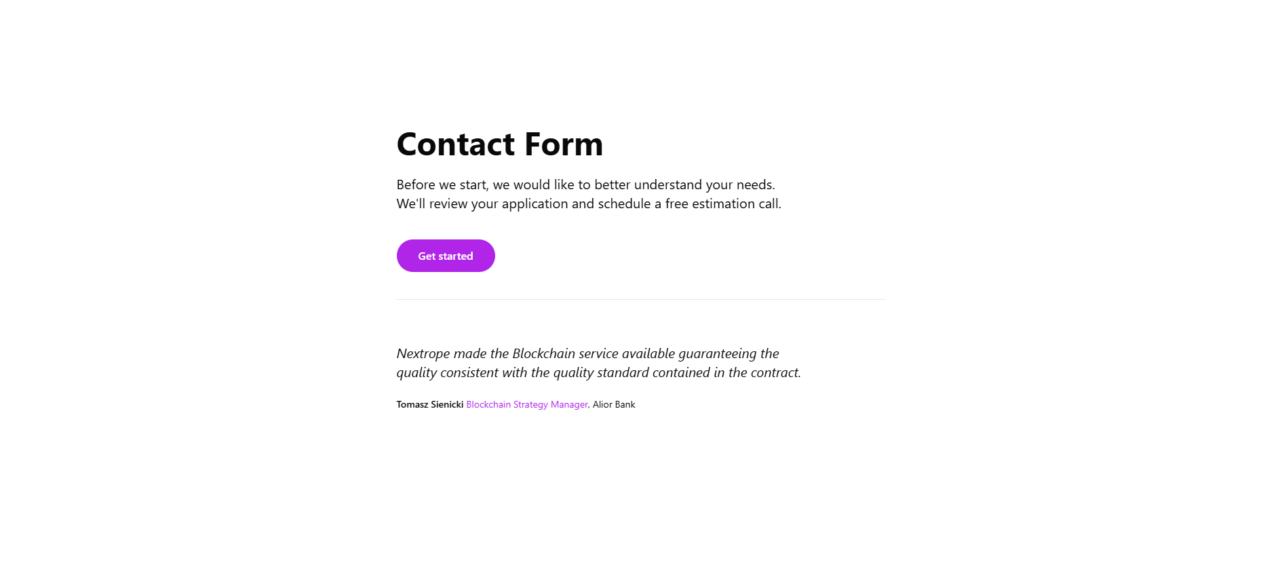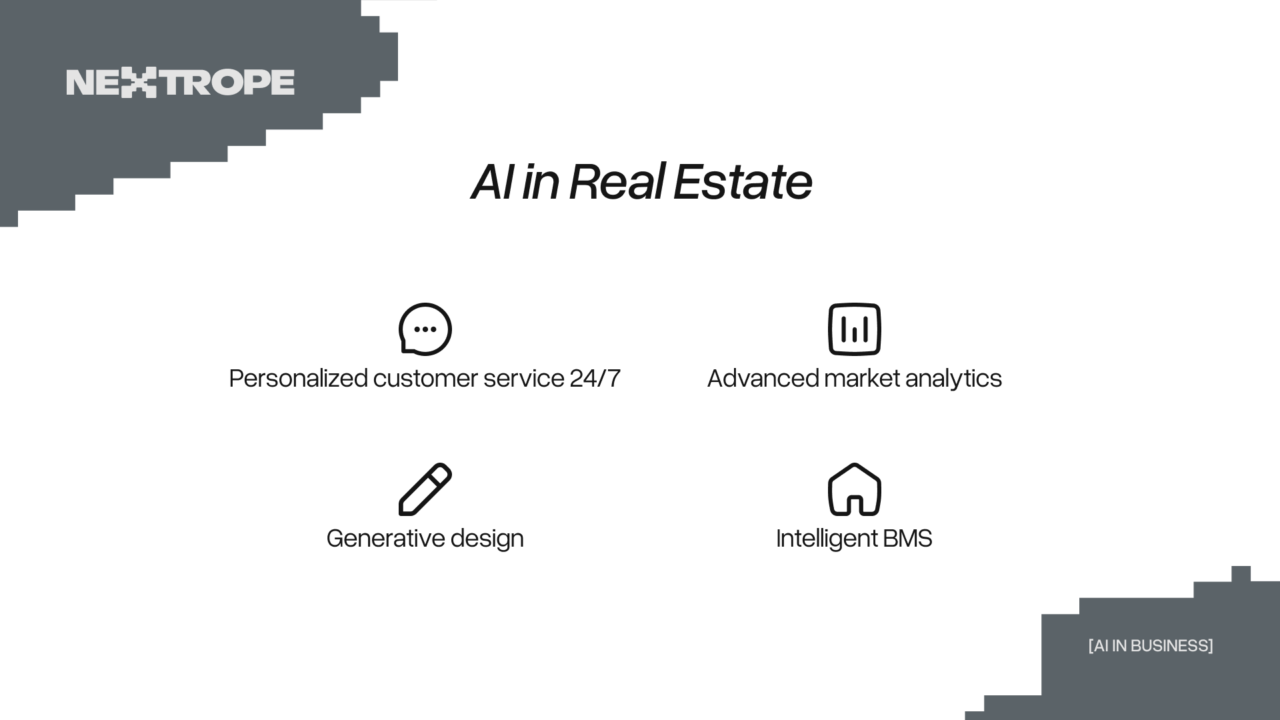It is no doubt that fintech has been gradually implementing successive stages of the revolution in the banking services sector. The main beneficiaries of this state of affairs are, apart from fintech itself, consumers. Traditional banking adopts various strategies regarding the existing status quo, some banks, including Santander, are constantly investing heavily in the most promising fintech startups in order to then implement their solutions for their customers. Others - try to create their own unique products, which are then implemented by other players in the market. One of the best examples here is Bank PKO BP and the contactless payment system BLIK developed by the bank's IT department. The constantly ongoing time of the epidemic has changed many behaviors and habits. What mark has COVID-19 left on the modern financial services sector, a popular fintech? What prospects should we expect from a full opening of economies in a global context?
Extraordinary times require extraordinary solutions
Revaluation of priorities - this is probably the simplest and most rational way to describe the changes introduced by the coronavirus in our lives. Sanitary restrictions have forced the financial sector, like many others, to a new opening - and a look into the future from a completely different perspective. The need for full mobility introduced along with the full compatibility of the solutions used became, within a few weeks, a determinant of the effectiveness of the adaptation of both traditional banking and the fintech giants.
However, it would be unfair to put them next to each other in this context - mainly due to the fact that it was not so much an unimaginable challenge for fintech to move almost 100 percent of their business into the digital world. This state of affairs is primarily due to the fact that the vast majority (and very often 100%) of fintech services offered within the framework of retail banking, for example, are available only online. The vast majority of them have decided on such a business model from the very beginning - on the one hand, they have focused on reducing the costs of running branches together with minimizing fixed costs and, as a result, full mobility, and on the other hand, they have often closed themselves off to clients currently almost exclusively connected with traditional banking. However, such a strategy has brought the expected results. Fintechs, although also often forced to make cuts - among others, Revolut announced the introduction of restrictions in the cheapest plan offered to customers and numerous layoffs in the Polish branch of the company - usually did not have to face the complicated task of transferring several thousand employees into remote operation almost overnight. Thus, they were able to focus on introducing specific solutions offered to their clients instead of dealing with their internal problems in the first place. For example, Starling Bank launched the "combined card" function, which enables the transfer of a second, "back-up" debit card linked to the customer's account to someone who can spend on their behalf. A team of developers from Fronted, Credit Kudos and 11:FS created Covid Credit for the self-employed, allowing access to financial aid for the most vulnerable people who are not covered by government support. A significant role is also slowly being played by fintech software houses, which offer IT services using the latest Fintech solutions such as Blockchain or AI.
Mobility and security above all
Due to health restrictions and recommendations, the volume of both card and phone payments increased slightly, for instance, in India it was about 5%. According to many experts in banking and social psychology, such a trend may last longer. According to the Mordor Intelligence report "Mobile Payments Market - Growth, Trends, and Forecast" (2020-2025) The use of m-payments will continue to grow strongly with an annual cumulative growth rate of as much as 26.93%. In Central Europe, this is mainly due to the still very young banking system, often developed from scratch only in the 1990s. For this reason, many behaviors are not so deeply rooted in society, which is thus much more susceptible to all kinds of innovation.
Another element that is hard not to mention is budgeting apps, i.e. applications for planning and controlling the budget. Although their popularity in Poland and other Central European countries is not as impressive as in the United States, this may gradually change due to the inevitable economic crisis caused by the coronavirus pandemic. Full control over one's own budget due to the difficult social and economic situation will undoubtedly become one of the priorities - thus bringing the possibility of a structured review of one's own spending to the fore. The applications differ in many ways, so that everyone can find something for themselves. Mint automatically categorizes transactions from credit and debit cards connected to the system and tracks them against a budget that can be adjusted and adapted to user's needs. Goodbudget, on the other hand, is mainly dedicated to couples - it is possible to share and fully synchronize the budget with another person in both iOS and Android.
Tandem and natural competition
Despite all the turmoil, the post-pandemic outlook for the coming months seems stable, although not as promising as previously expected. According to Ron Shevlin, Managing Director of Fintech Research at Cornerstone Advisors, the era of fintech experimentation is slowly coming to an end. The indicators that will gain in importance are primarily the number of accounts funded and their percentage in relation to the total number of application downloads. In his opinion, in the case of mainly B2B-oriented fintechs, the crucial benchmarks will be more operational, such as improved speed, cycle time and lower costs.
Moreover, there is a large disparity within the banking sector environment itself. There is continued optimism among the largest fintechs. By February 2020, Revolut already had less than 11 million users. According to the owners' forecasts, the number of users is expected to reach 13.07 million by the end of June, and then increase by about 20%, to reach 16.45 million by December 2020. The second largest player, N26, has already exceeded 5 million users in January, thus maintaining almost exponential growth and significantly exceeding the company's forecasts.
The situation is different for traditional banks, whose financial situation has often deteriorated. According to analyses of the International Monetary Fund, in addition to the immediate challenges posed by the COVID-19 outbreak, the relentless period of low interest rates may put further pressure on bank profitability in the forthcoming years. This may be a cause for concern, mainly due to the fact that it is the constant development of both traditional and modern banking that may be the key to recover from the crisis. A unique banking tandem also guarantees a greater choice of available services for the customer, and thus more competition and increased innovation in the fight for each costumer.
What is more, smaller fintechs also face considerable problems. According to the latest CB Insights report, the value of contracts signed by fintech in Q1 2020 decreased by as much as 35% compared to Q4 2019. Better-invested and profitable fintechs are in a much better position, especially in the context of depletion of investment funds and hence increased competition in the fight for any funds for further development. The problems of some may paradoxically become a pain for others, thus worsening the situation of the sector and, consequently, often of the entire economy.
 en
en  pl
pl 












